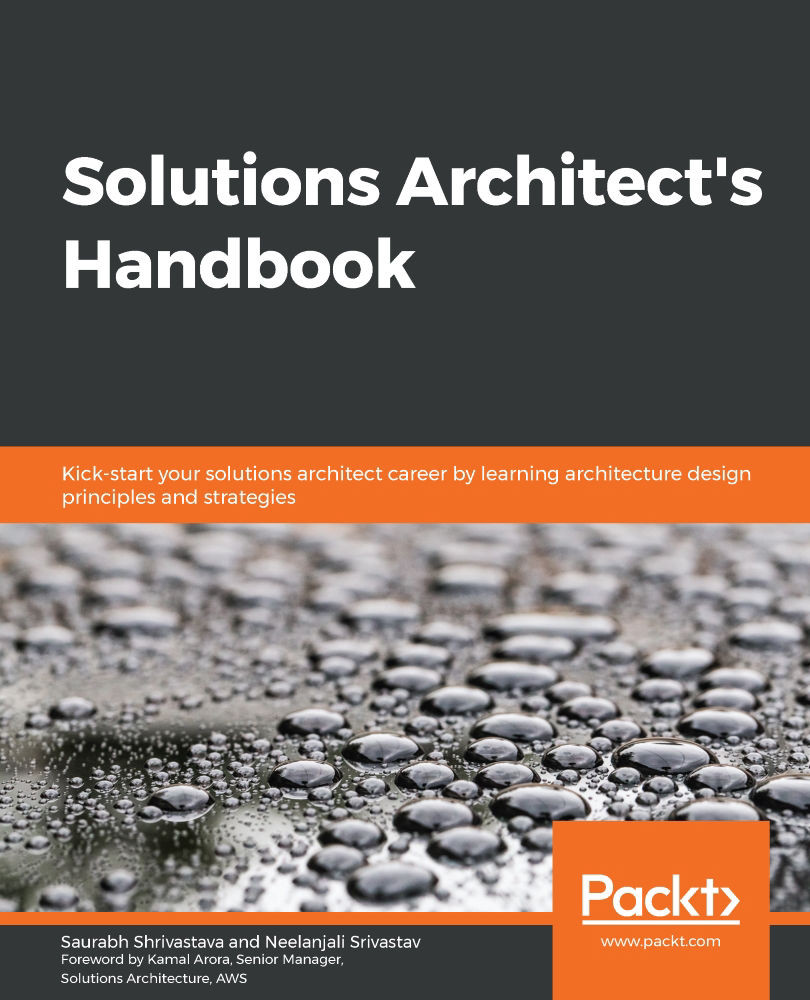Application reliability is one of the essential aspects of architecture design. A reliable application helps to win customer trust by making it available whenever the customer needs it. High availability is one of the mandatory criteria for online applications. Users want to browse your application anytime and complete tasks such as shopping and banking as per their convenience. Reliability is one of the essential recipes for any business to be successful.
Reliability means the ability of the system to recover from failure. It's about making your application fault-tolerant in such a way that it can recover without impacting the customer experience. A reliable system should be able to recover from any infrastructure failure or server failure. Your system should be prepared to handle any situation that could cause disruption.
In this...



